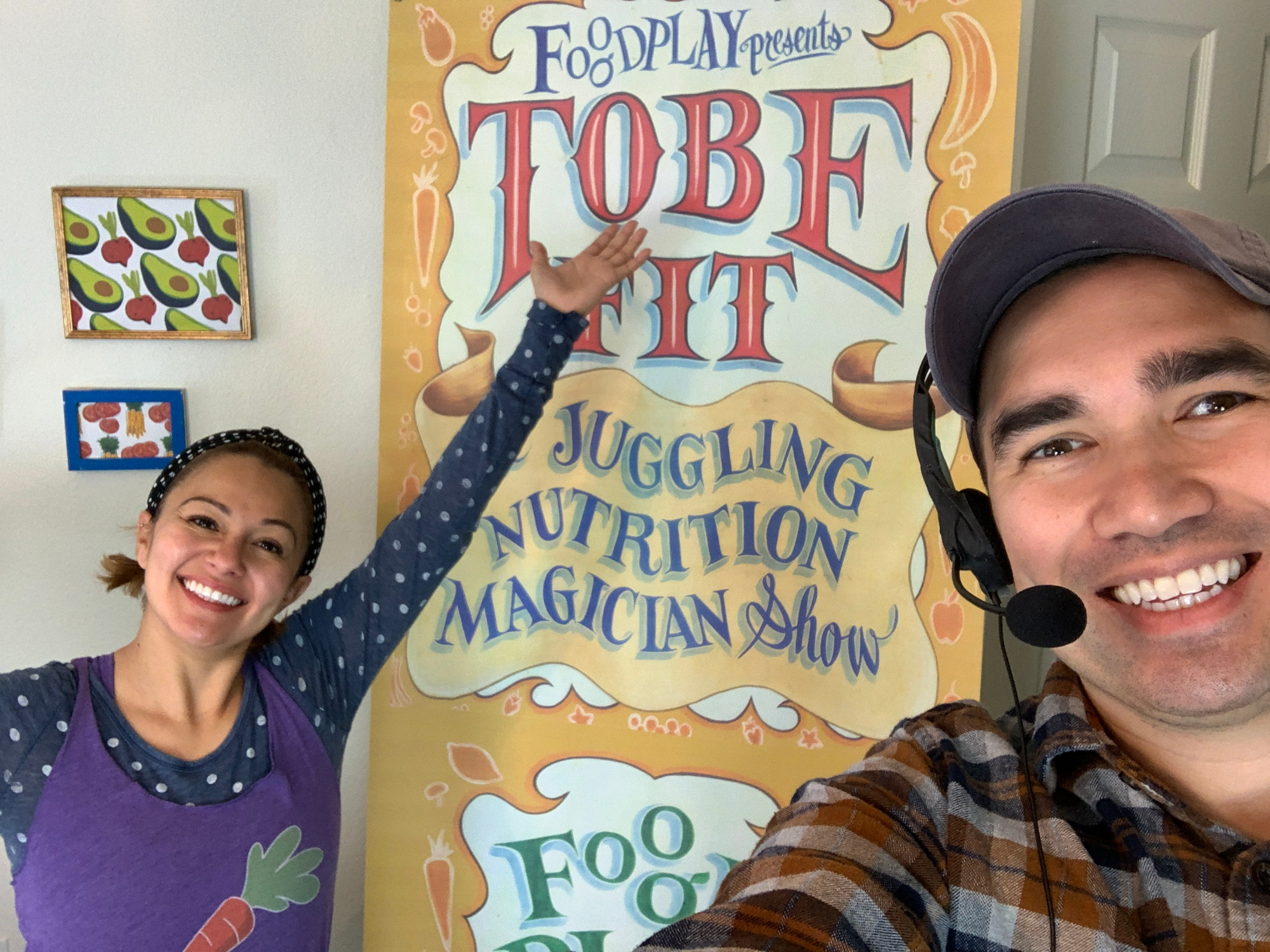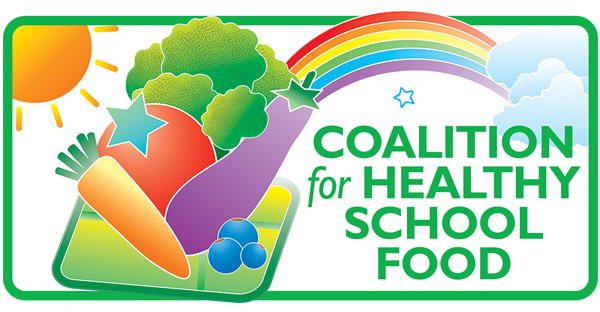

I recently received a text message from a friend who has a 2nd grader in our school district: “I’ve been tasked with finding a star fruit tomorrow. Girl really wants her dang t-shirt!” This student, along with nearly 500 other K–5 students in Springfield, Vermont, recently received Passports to Fresh Adventures. This program was developed by FoodPlay Productions, and it encourages students to try a wider variety of fruits and vegetables. After they’ve tried 32 different fruits and vegetables, they receive a free t-shirt.
I am the health coordinator for the Springfield School District. My role includes leading the district’s wellness team, which I have done for the past several years. The team includes staff from Springfield’s four schools as well as local community partners—health professionals, nutritionists, parents, teachers, chefs, and school administrators. We spend a lot of time discussing nutrition on an organizational and policy level. A couple years ago, as our team worked through the contract renewal process for the school food service management company, we administered a survey to assess Springfield students’ utilization and perception of the school food service program. Many students reported that they regularly skip meals, and when asked about their food preferences, the most popular choices by far were those highest in fat, sugar, and processed ingredients. Moreover,it was apparent that there was a lack of nutrition education in the elementary grades. We felt that in order to align with the district’s mission, “to provide students with effective academic and social-emotional learning in schools with a positive culture that are supported by the community,” we needed to add comprehensive nutrition education.
Last summer (2021), I collaborated with Laura Jensen to begin addressing this need. Laura is the program coordinator for the Lifestyle Medicine program at Springfield Medical Care Systems. Thanks to the grant from T. Colin Campbell Center for Nutrition Studies (as well as a grant for RISE VT), we have been able to get some programs started for the 2021–2022 school year. One of those programs is the Passports to Fresh Adventures, mentioned above. The wellness committee has been working with Abbey Group, the school’s food service management company, to make sure more of these fruits and veggies are included in school meal programs. We have also been able to get the ToBe Fit Juggling Magician Nutrition Show livestreamed into every classroom. This educational show, developed and performed by FoodPlay Productions, encourages students to eat more fruits and vegetables, avoid processed foods, and get plenty of physical activity.

Our long-term goal for Springfield is to have a more comprehensive approach to nutrition education—one that is incorporated into the standards of education in every classroom and consistently provided to each student. We took the first step towards this goal when we purchased and provided each teacher with a fruit and vegetable activity guide for their classrooms. These guides include lesson plans and activities that meet common core standards and will allow teachers to easily incorporate nutrition education into their curriculum in the future.
There is still so much work to do. The children in our community typically eat fewer fruits and vegetables and more sugar sweetened beverages than the state average in Vermont (YRBS 2019). Poverty makes it challenging for many families in the community to access healthy food options. Consequently, the most recent data (UDS, 2017) shows that up to 57% of Springfield residents have been told they are obese, compared to the 2016 state average of 28%. 65% of respondents to the 2019 Community Health Needs Assessment in Springfield reported a moderate to high need for nutrition education.
For far too long, children in this community have been establishing lifelong habits and preferences that involve more processed foods and fewer fruits and vegetables; by encouraging them to try a variety of fruits and vegetables, and by increasing nutrition education in their classrooms, we hope to help establish lifelong habits of health instead. If we can do that—shifting the trajectory of our kids’ diets to include healthier food options—it will have compounding benefits across future generations.
The Springfield School District can be found online and on Facebook. The district’s wellness committee is aligned with the Whole School, Whole Community, Whole Child Model.
Copyright 2026 Center for Nutrition Studies. All rights reserved.
Deepen Your Knowledge With Our
Plant-Based Nutrition
Certificate
Plant-Based Nutrition Certificate
- 23,000+ students
- 100% online, learn at your own pace
- No prerequisites
- Continuing education credits



